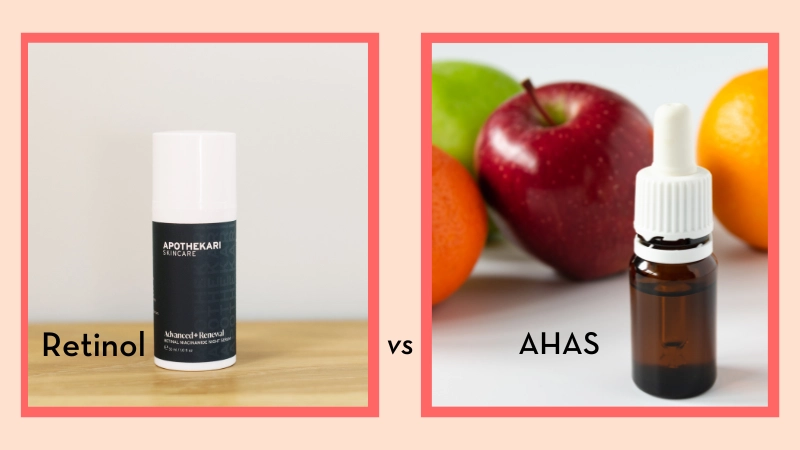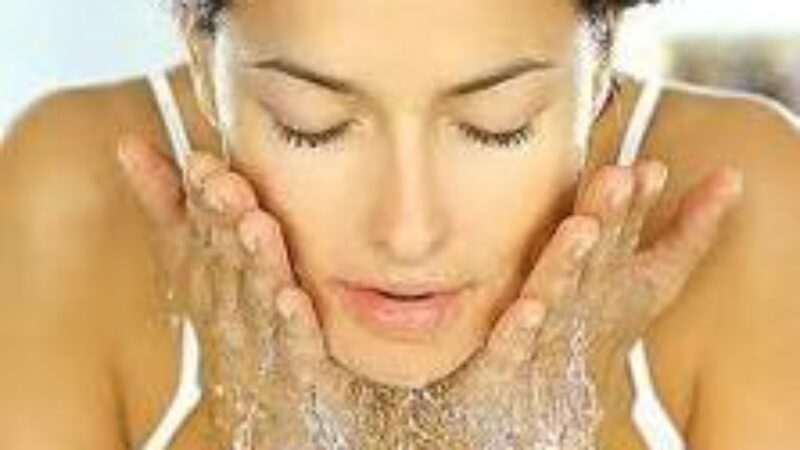While previous studies have reported that individuals who regularly drink coffee or tea are less likely to develop non-melanoma skin cancers, a new study published in the Journal of Investigative Dermatology, suggests that topical application of caffeine in sunscreen or after-sun preparation minimizes or reverses the effects of UV damage on the skin.
Caffeine causes skin cells damaged by ultraviolet light to self-destruct by blocking a cellular pathway involved in regulating the cell cycle, which may explain why tea and coffee consumption is associated with lower rates of non-melanoma skin cancer. But before you rush off to increase your morning intake of java, bear in mind that researchers are not suggesting that you should increase your daily caffeine intake. People are encouraged to enjoy caffeinated beverages at normal, daily rates. An increase in intake will not have a significant impact in skin cancer prevention.
Scientists are optimistic that they will be able to develop caffeine creams or ointments as in sunscreens and skin lotions to help reverse the effects of UV damage in humans and prevent certain skin cancers. When caffeine was tested on mice, the development of skin cancer was suppressed by up to 72 percent




